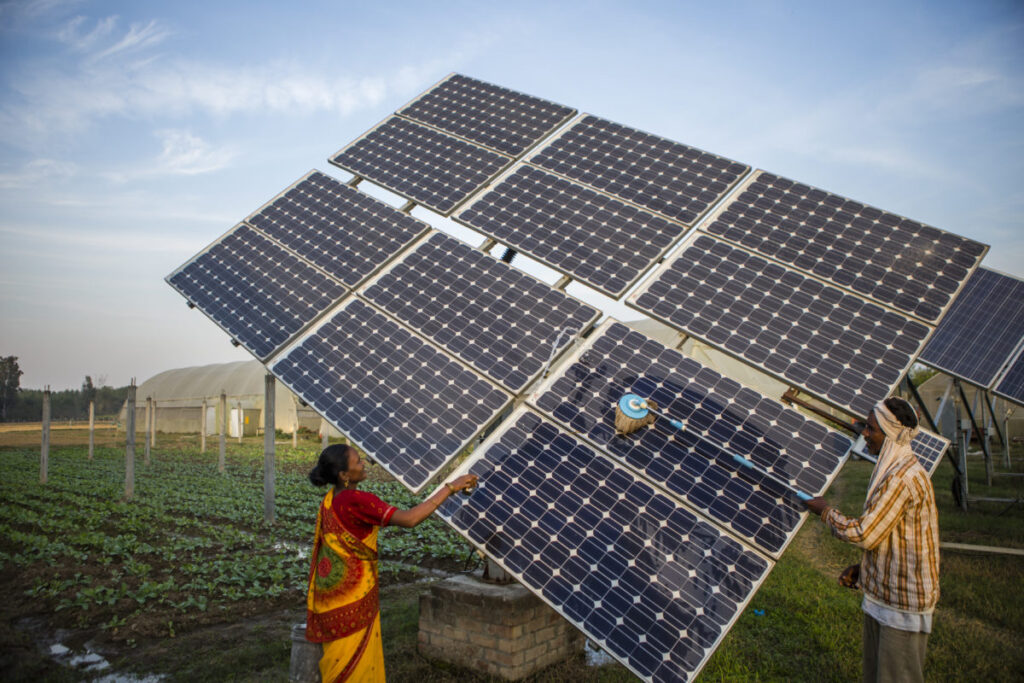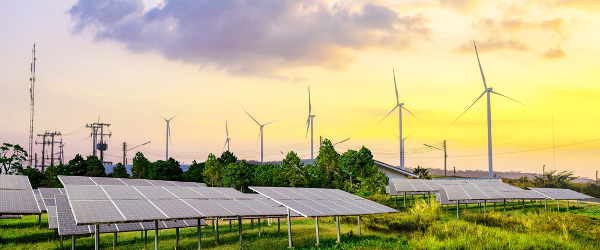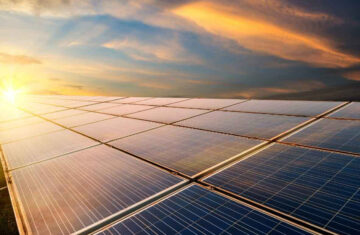Bangladesh’s overwhelming dependence on imported fossil fuels for power generation, coupled with a lack of significant investment in renewable energy, highlights a troubling trend in the country’s energy policy. A report by the Institute for Energy Economics and Financial Analysis indicates that Bangladesh had no substantial investment in renewable energy in 2023, suggesting a lack of commitment from authorities to transition from fossil fuels to cleaner energy sources.
Lack of Progress and Investment
Despite various roadmaps and promises from successive governments, particularly the Awami League, to transition to renewable energy within 5 to 15 years, actual investment and implementation have been lacking. The government set ambitious targets, such as achieving a 40% renewable energy share by 2041 in the Mujib Climate Prosperity Plan. However, the Integrated Energy and Power Master Plan 2023 revised this target down to only 8.8%.
Commitment to International Agreements
As a signatory to the Paris Agreement, Bangladesh has pledged to generate 100% of its electricity from renewable sources by 2050. The government aimed for 5% renewable energy generation by 2015 and 10% by 2020, but currently, less than 5% of electricity comes from renewable sources. The investment gap to achieve even the minimum target of 10% is substantial, with estimates suggesting that Bangladesh needs an annual investment of $1.53 to $1.71 billion to meet its 2041 target [1].
Declining Renewable Energy Share

The share of solar and wind energy in Bangladesh’s power generation has decreased from 0.93% in 2015 to 0.77% in 2022, according to the Berlin-based think tank Agora Energiewende. Additionally, barriers to rooftop solar systems have hindered the potential for solar power expansion. A previous report by the Institute for Energy Economics and Financial Analysis noted that Bangladesh lags behind its neighbors in promoting rooftop solar energy, with the potential to generate 5 GW using the roofs of existing industries [2].
Recommendations for Future Action
To address these challenges, the authorities should:
- Review and Revise Renewable Energy Policies: A comprehensive review of current policies is essential to align with international commitments and national goals.
- Increase Investment: Adequate public and private investment in renewable energy projects must be prioritized.
- Facilitate Private Sector Participation: Creating an enabling environment for private investment in renewable energy is crucial for achieving set targets.
In conclusion, Bangladesh must recommit to its renewable energy goals and take decisive action to foster a sustainable energy future.
Learn more:
- Govt needs to up investments in renewable energy – New Age
- Finance is key to Bangladesh’s energy transition | IEEFA
- New Age | No significant RE investment in 2023 in Bangladesh: report



